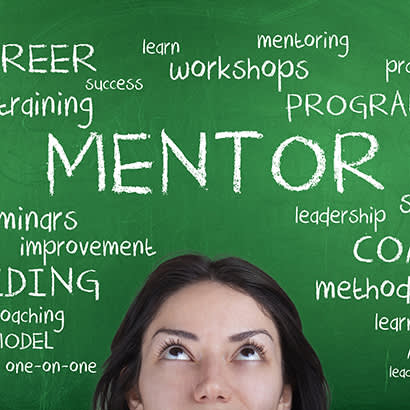
For an enhanced digital experience, read this story in the ezine.
Park and recreation professionals and their agencies protect and support the health of all people and the communities where they live, learn, work and play. Park and recreation professionals nationwide have begun to embrace their role as public health leaders — meeting community members where they are and connecting them to various health services. These professionals continue to expand programming and work to fill gaps regarding access to physical activity, healthy food options, chronic disease prevention and management, and social connections — while also supporting academic and cultural enrichment opportunities. As community-based providers of social-emotional development services for youth, local park and recreation professionals also function as mentors and role models. Staff often mentor and nurture youth in their communities, including troubled, at-risk youth. In times of emerging public health threats, including substance use and mental health disorders, trauma, adverse childhood experiences, and rising rates of depression and suicide, parks and recreation is well suited to build protective factors around youth and families and create connections community-wide.
Keeping Youth on the Right Path
Formal one-on-one and group mentoring programs, as well as informal mentoring opportunities, support youth in establishing strong connections with compassionate, caring adults and positive role models. Youth who are at risk of falling off track but have a mentor are 55 percent more likely to enroll in college, as well as 52 percent less likely to skip a day of school than their peers and more likely to maintain better attitudes toward school. Mentoring also plays a role in preventing young people from engaging in risky behaviors. Youth with mentors are 46 percent less likely than their peers to start using drugs. Unfortunately, one in three young people in the United States reaches the age of 19 without having a mentor of any kind. This number includes 9 million at-risk youth who are missing out on the critical support and connections that mentoring can provide. Park and recreation agencies are closing this gap by offering one-on-one and group youth mentoring programs and helping at-risk youth gain access to quality mentors.
To learn more about how park and recreation professionals are tackling these issues — as well as what role the coronavirus (COVID-19) has played in their current approach and future plans — the NRPA Research team conducted a survey in February 2021. Sixty-one percent of park and recreation agencies offer in-person academic and enrichment programs for area youth, and 52 percent of agencies offer similar services virtually. In addition, many agencies provide leadership programs (45 percent) and mentoring opportunities (43 percent) for their communities’ youth. Highlighting the tremendous impact such programs can have on youth and young adults — as well as considering the immense academic and social-emotional impact of COVID-19 on these groups — many additional agencies (29 percent) anticipate launching these services in the next two years.
Youth Mentoring Framework
NRPA developed the Youth Mentoring (YM) Framework to help local park and recreation agencies craft their own unique, individualized mentoring programs. It is designed to help agencies leverage local park and recreation assets that build protective factors around at-risk youth, while also forming strong social connections and positive relationships to address trauma, adversity and other challenges that youth experience. The YM Framework is rooted in data collected and analyzed across the profession, encompassing direct feedback from youth, park and recreation staff, and subject matter experts in the mentoring field. It considers common assets found in park and recreation agencies, as well as feedback on the need for self-care, reflection and mindfulness for both mentors and mentees. In addition, the YM Framework is grounded in the Search Institute’s Developmental Assets Framework. It outlines 40 research-based, positive experiences and factors that influence youth development and lead to positive life outcomes.
The YM Framework can be used in both group and one-on-one mentoring settings. It provides suggested guidance for weekly discussions, activities, reflection and self-care. While the framework provides 16 weeks of lesson guidelines, mentoring activities can be repeated or expanded on with the goal of supporting a mentor/mentee relationship for a minimum of one year. The YM Framework includes weekly conversation starters related to the overarching themes and sample activities for mentors and mentees, as well as community service projects, family engagement and self-care tips.
Have you been integrating youth mentoring into your agency’s services? Let us know! Contact me or NRPA Program Manager Rafael Torres.
Lauren Kiefert is Program Manager for NRPA

